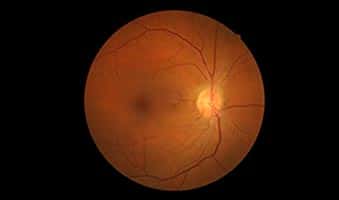
Retinopathy is a general term that describes damage to the retina.
The retina is a thin, light-sensitive tissue that lines the inner surface of the eye. Nerve cells in the retina convert incoming light into electrical impulses. These electrical impulses are carried by the optic nerve to the brain, which interprets them as visual images. Hence, retina is extremely vital for you to see.
Diabetic retinopathy occurs when there is damage to the small blood vessels that nourish tissue and nerve cells in the retina. Learn more about the symptoms and cures of diabetic retinopathy here.
Hypertension or high blood pressure creates a risk for much more than just heart disease. It can quietly damage your body for years before symptoms even develop. One of the more severe damages caused by hypertension is to the retina.
High blood pressure can damage the vessels supplying blood to your retina, causing hypertensive retinopathy. This condition can lead to bleeding in the eye, blurred vision and, eventually, complete loss of vision. In case you have both diabetes and high blood pressure, you’re at a greater risk of having hypertensive retinopathy and should check with ophthalmologist immediately.
Very high blood pressure (malignant hypertension) can lead to swelling of the optic nerve leading to decrease in vision.
Along with appropriate treatment of the eye condition (diabetic retinopathy/ hypertensive retinopathy), control of the systemic illness is absolutely essential.
To know more about the causes and treatments of hypertensive retinopathy, see here.
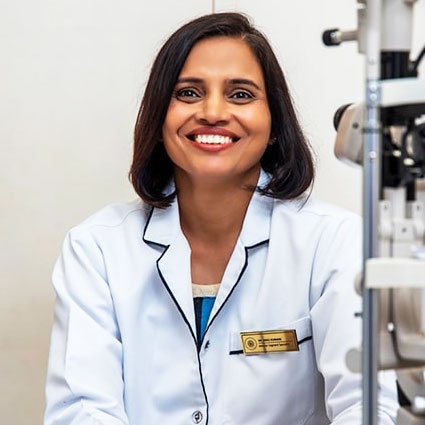
M.B.B.S. , M.S. (Ophth)
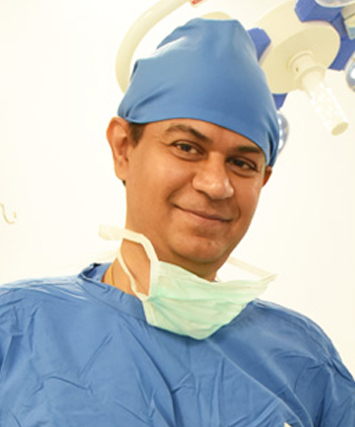
M.S. (Ophth), D.O.M.S (Bom), M.BPresident of Bombay Ophthalmic Association (2012-2013)
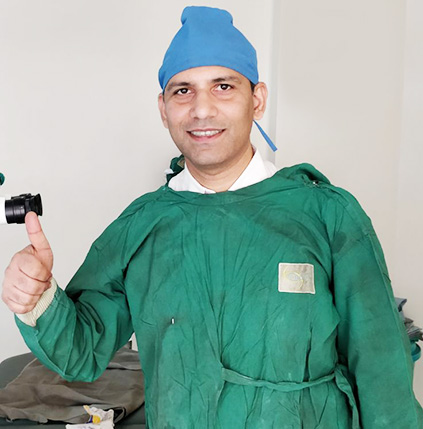
DNB(Ophthalmology) M.B.B.S. FICO (London, UK) FAEH (Cornea)
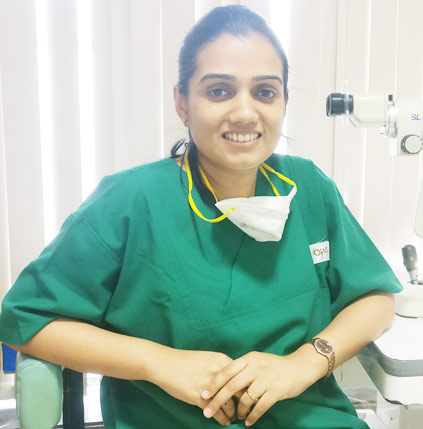
MBBS, MS, DNB ( Ophthal ), FICO, FCRS Cornea and Cataract Specialist
Copyright © 1987-2024 Ojas Eye Hospital All rights reserved | Privacy Policy
*Disclaimer: All information on www.lasikindia.com for informational purposes only and is not intended to be a substitute for professional medical advice, diagnosis, or treatment. Always seek the advice of your physician or other qualified health care provider.